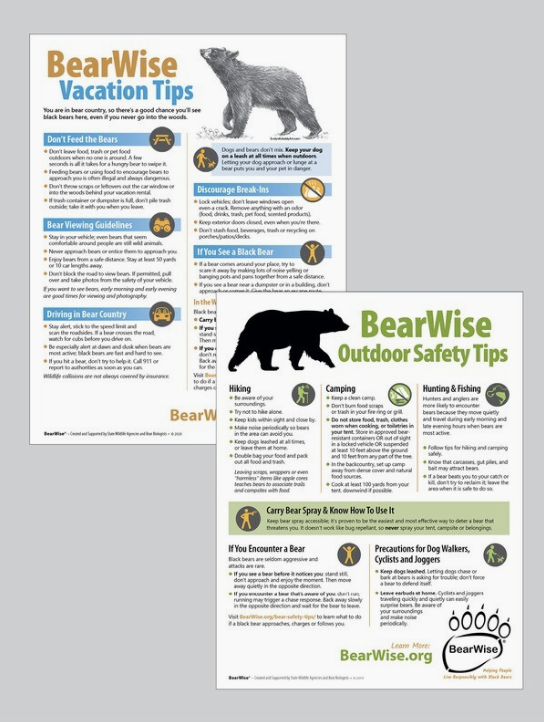Displaying items by tag: smoky mountains
Thursday, 21 October 2021 14:03
You are invited to Friday’s Great Smokies African American Experience Project Townhall meeting
The University of North Carolina Asheville will host a town hall at 2 p.m. Friday Oct. 22 for a robust discussion about the role of African-Americans in Southern Appalachian history, with a focus on the region that became Great Smoky Mountains National Park.
“The National Park Service’s Antoine Fletcher will be leading this event and has been compiling oral histories in order to document and share the untold stories of African Americans in and outside the Smoky Mountains. You are invited—and encouraged—to share information about this event, especially with elders, leaders, story-tellers, activists, and the bon vivants in your local African American community. The African American Experience project is seeking their knowledge, and yours!” according to a UNC Asheville description of the event.
To register, go to Great Smokies African American Experience Project Townhall.
Fletcher has researched the role of early African-Americans in the Great Smoky Mountains dating to the 1540s.
“Research topics in this framework include slavery, the American Civil War, social dynamics, laws and policies, careers, recreation, and oral histories. These, as yet, untold stories will be compiled to educate park visitors understand the vital, but not well known, history of African Americans throughout Appalachia,” according to UNCA.
Part of Friday’s program is geared toward exchanging contacts among those who have relevant historical knowledge of Blacks in Appalachia or might wish to record oral histories related to themselves or family members.
The town hall is the last such community information session planned for this phase of the the National Park Service’s “African-American Experience Project.” All the information gathered will be distilled into programming for visitors to Great Smoky Mountains and other national parks.
It is sponsored by UNCA’s Africana Studies Program, Community Engagement Office and Department of History.
Published in
Event Archive
Tagged under
Wednesday, 24 March 2021 16:26
Smokies bear vs. hog viral video: Yep. That’s about right.
Smokies biologist: Bear vs. hog video highlights nature taking its course
This video, reportedly in or near the Smokies, made its rounds on the internet this week.
While its true location is unknown, the chief Smokies biologist said the incident would come as no surprise if it was indeed recorded in the Smokies. It’s just another wildlife showdown that generally occurs in the backcountry and goes unnoticed.
He also said its a good reminder that bears have emerged from hibernation, and are hungry and determined to find the calories they can. Even in the form of swine flesh.
Multiple people have forwarded him the video, Great Smoky Mountains National Park Supervisory Wildilife Biologist Bill Stiver said in a phone interview the afternoon of March 24.
“As a biologist I see classic opportunistic predatory behavior,” from a black bear, Stiver said, though he said he has no true idea of the video’s provenance. “It’s just not stuff people see all the time.”
Wild hogs are considered a nuisance, invasive species who destroy native Smokies habitats and are the subject of a long-running project to reduce their numbers in the park.
Stiver surmised the hog may have recently been struck by a vehicle, and the bear took advantage of the feral swine in its weakened state. “Bears are coming out of hibernation, and they are very hungry,” he said.
Smoky Mountain black bears routinely take down elk calves and sick elk, as well as injured deer or fawns. In the spring, Stiver said, many of those Cades Cove black bears tourists flock to see are just wandering around fields looking for deer fawns.
He could only cite five instances, however, including one fatality, in which a human was injured by a bear during his 30 years stationed at the park.
Spring is the time of year that “it’s time to start thinking about bears,” he said, as they emerge from hibernation and seek sustenance. Human-bear interactions are more likely this time of year, and Smokies visitors -- and those outside the park -- need to secure their food and garbage and maintain a safe distance from the animals.
Guidelines and suggestions to limit human-bear interactions and protect the iconic Smokies animals can be found at bearwise.org.
Published in
News
Tagged under
